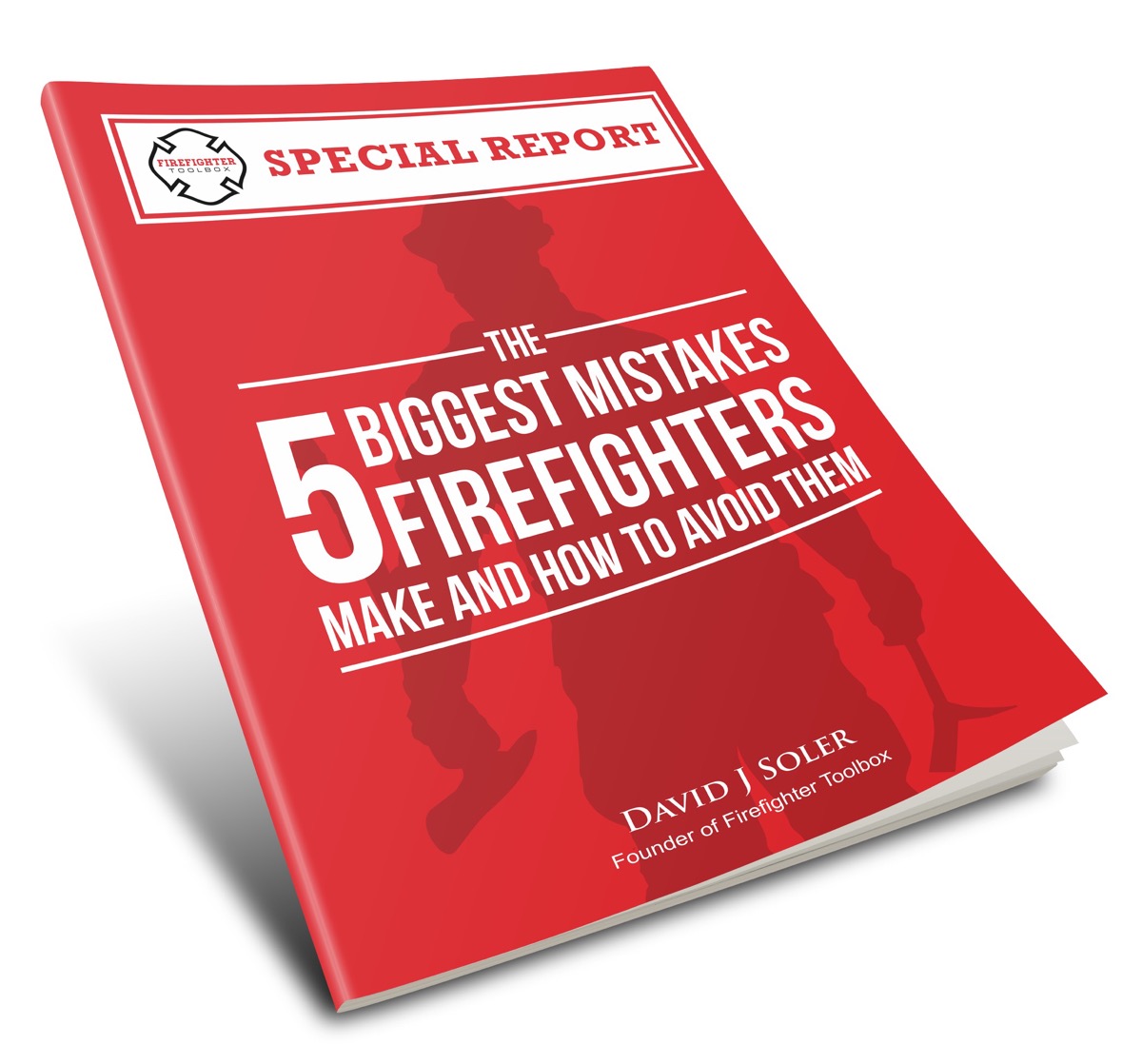Weather and Fire Operations – An Important Relationship
Weather and Fire Operations
What do firefighting and emergency response and weather have in common?
A LOT!
No matter where you perform your duties, the weather is quite often a factor in getting fires under control or at least contained. The purposes of my writings are quite simple. Allow a means for first responders to gain more knowledge about the weather and its potential impacts on operations.
Challenges
Even what might otherwise seem as a picture perfect day to most people, may present unique challenges for handling emergency situations. Think back to the last time you recall hearing about a firefighter who lost his or her life. Of those, how many of those occurred as a result of a wildfire changing behavior perhaps due to a wind shift or terrain influence?
What about situations that may not necessarily include fire operations, such as severe weather spotting or response for water rescues from flooding?
Perhaps the weather concern might often be tropical storms or hurricanes. No matter what the threat, the weather can and often does play a role.
Weather Series
In this series of articles, I will attempt to help educate the firefighter about weather and its impacts. We’ll start with some basic concepts and work up to more advanced topics as your depth of knowledge increases. The more our firefighters are informed, the better they will be to handle and decide how to tackle a given situation.
Furthermore, by bringing in examples of weather phenomena from around the country and around the world, it will allow us to begin thinking of how we might react if faced with a given scenario. If you work in Alaska, you may not experience many tornadoes, but they do occur. If in the Florida Keys, forest fires may not be overly prevalent, but they also can happen. Likewise, urban blazes are not common in eastern New Mexico, but understanding weather aspects of what might occur when a blaze approaches a town may become important.
Weather, Climate and the Firefighter
Before we can dig into the more technical aspects of satellite or radar analysis or the many other topics that I’ll cover, we need a framework to serve as our base knowledge.
Let’s first define a few things about weather.
At the top, we should understand the difference between climate and weather. No doubt, you hear a lot about climate change in the media. The fact is that the climate has been changing for an awful long time, billions of years, but these changes are typically quite slow. On the other hand, perhaps we experienced a strong cold front last week.
That is weather.
Climate is what is “typically” observed. For example, the North Pole area being generally cold, the Gulf Coast being hot and humid during the summer, or the fact that the Great Basin usually doesn’t receive very much rainfall in the valleys during the course of a year is more of a climatic relationship. Weather, on the other hand, is the more rapid fluctuations in what we observe. A hurricane, thunderstorm, or cold snap is weather.
Climate is measure in terms of hundreds of years. Weather, however, in days or hours, or even minutes. For first responders, it is weather that is most important to understand. It is the deviations from the “normal” which usually causes an issue. That is, however NOT to say, that such phenomena are abnormal, but rather they simply deviate from the average.
In my next article we will discuss temperature and how it affects firefighters and fireground operations . If you have questions comment in the section below.




